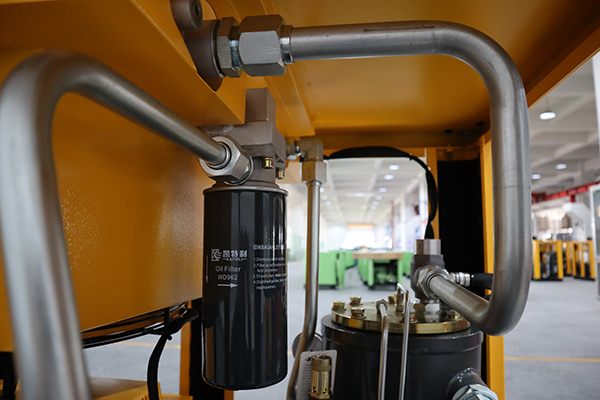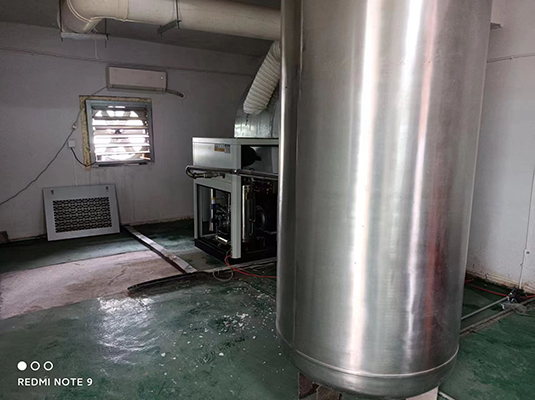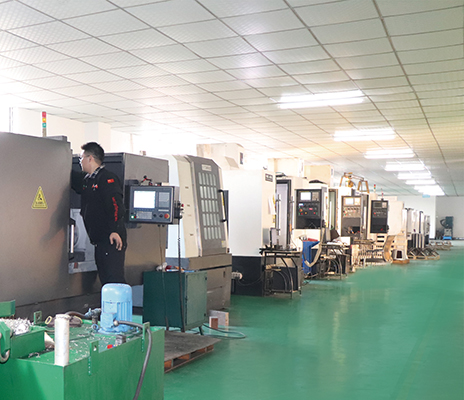Rotary Screw Air Compressor Filter Replacement Frequency
News 2025-10-24
Rotary screw air compressors play a pivotal role in industrial operations, delivering consistent compressed air for applications such as manufacturing, automotive assembly, and food processing. The air filter is a vital element in these systems, safeguarding against contaminants that could impair compressor functionality or compromise product quality. In environments with high dust or humidity, like construction sites or chemical plants, filter maintenance is crucial to prevent efficiency drops and ensure reliable performance. Determining the optimal replacement frequency involves considering factors like operational demands and environmental conditions to maintain system integrity and longevity.

Several variables dictate how often filters need changing in rotary screw air compressors. Operational settings are key; for example, units in dusty workshops might require replacements every 1000 hours, while those in controlled indoor environments could extend to 3000 hours. Filter type also impacts frequency—standard filters may clog faster in high-particle scenarios, whereas advanced models offer better durability but demand precise monitoring. Additionally, usage patterns, such as continuous versus intermittent operation, and the presence of other maintenance routines affect intervals, helping to optimize performance and minimize unexpected failures in demanding industrial contexts.
Guidelines from manufacturers typically outline filter replacement every 1500 to 4000 hours, tailored to specific compressor models and working conditions. Regular inspections, often suggested at 500-hour marks, involve checking for pressure drops or visual signs of clogging to determine if a change is needed. In sectors like pharmaceuticals or electronics, where air purity directly affects output, adhering to these schedules ensures compliance with standards and sustains efficiency. By following these protocols, businesses can avoid costly downtimes and enhance the overall reliability of their compressed air systems.
Adopting appropriate filter replacement practices yields significant advantages, including improved energy efficiency and reduced equipment wear. Clean filters maintain optimal airflow, preventing strain on the compressor motor and lowering energy use in processes like painting or pneumatic tooling. In critical applications, such as food production, this maintenance supports hygiene standards and product safety, while extending component life cuts long-term costs. Ultimately, a proactive approach to filter management bolsters system performance, ensuring smooth operations and supporting the demands of modern industrial workflows.


